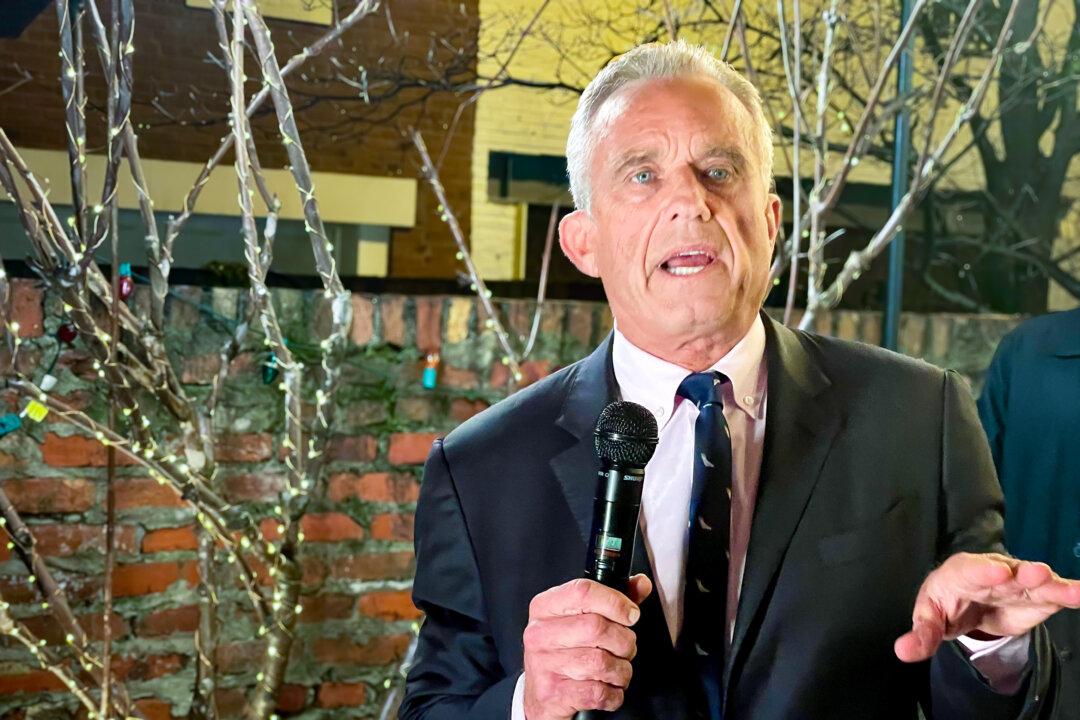While his effort to get on the ballot in all 50 states and the District of Columbia as an independent continues, Robert F. Kennedy Jr. hinted that he could run for president as a Libertarian.
During an interview with CNN’s Michael Smerconish that aired over the weekend, Mr. Kennedy was asked if there is a possibility that he will seek the Libertarian Party nomination. That option would likely assure him ballot access across the country as the Libertarian Party reached that objective in 2016 and 2020.





